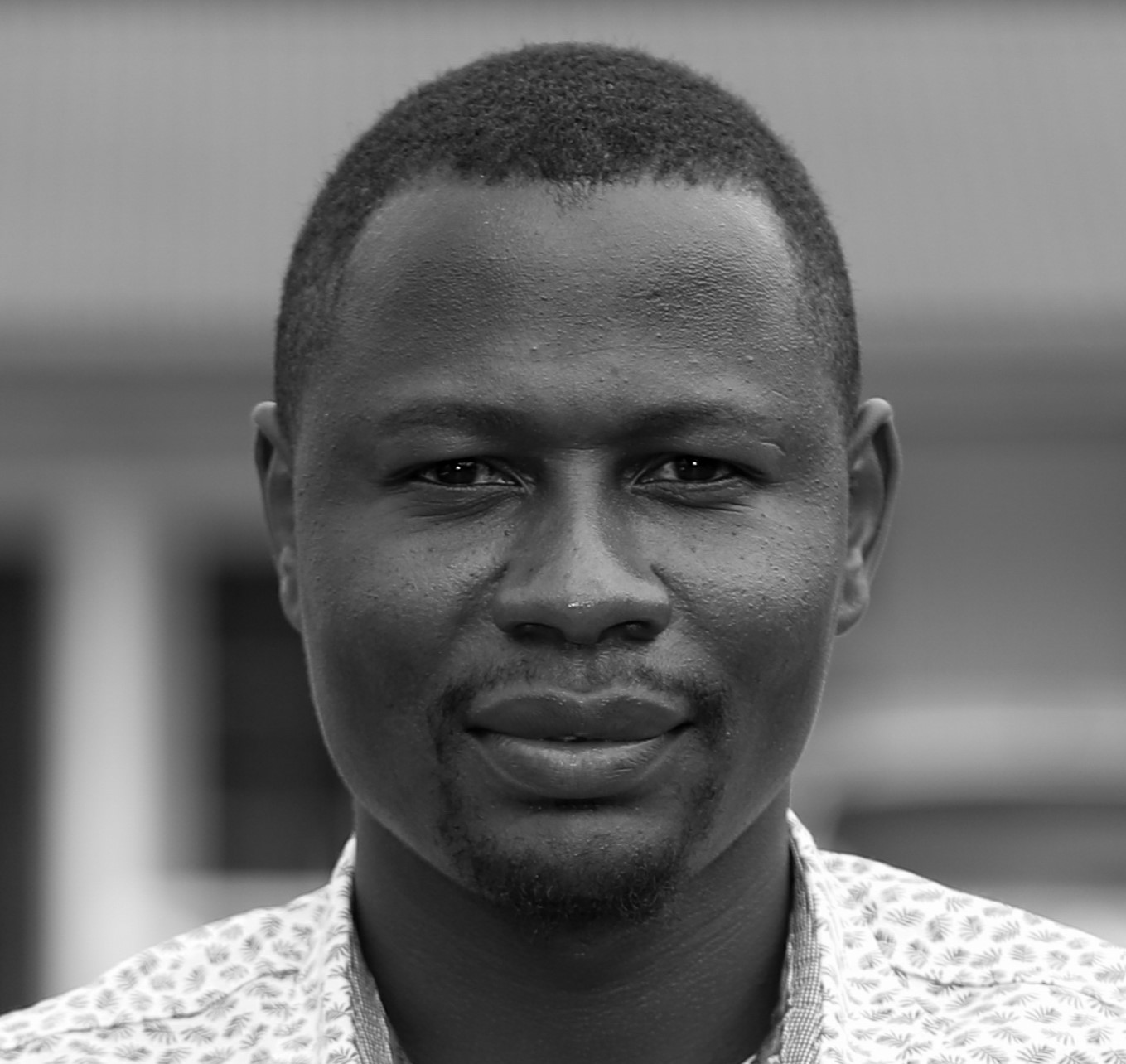Editor's note: Read the petition here.
Survivors and victims of torture who were brutalized or killed by police officers at the infamous Nyayo House torture chambers in Nairobi have sued the Kenyan government.
They want the chambers converted into a national monument for posterity.
By filing this suit, the survivors and victims challenged Legal Notice Number 11 of 1991, which declared the Nyayo House torture chambers a protected area, restricting public access.
This declaration contradicts the recommendation of the Truth, Justice, and Reconciliation Commission (TJRC), which, 13 years ago, said that the chambers should be open to the public.
The recommendation had a one-year implementation timeframe, which has not been met.
If the court rules in favor of the suit, the chambers will be accessible to the public for remembrance and education about Kenya's history at the former torture facility.
The suit was filed by the Kenya Human Rights Commission (KHRC), the Law Society of Kenya (LSK), and four survivors of Nyayo House torture—Wachira Waheire, Florence Murage, Joseph Manje, and Ngotho Kariuki—on behalf of other detainees.
The Attorney-General and the Cabinet Secretaries for Interior and Tourism have been named defendants.
Cover-up attempts
Despite the chambers being opened to the public for the first time on February 18, 2003, after the end of former dictator Daniel Arap Moi's regime, subsequent efforts to make them continuously accessible have not been successful.
Access to the chambers requires permission from the Nairobi county commissioner and the National Intelligence Service (NIS).
The legal notice, issued by former Minister for State Jackson Angaine on February 1, 1991, aimed to justify and conceal the illegal detention and torture of many innocent Kenyans during Moi's autocratic regime.
Police officers from the Special Branch tortured political dissidents for days to suppress their calls for democracy.
Floors 24, 25, and 26 of Nyayo House were interrogation rooms, while the basement contained "dark, dingy, and often waterlogged cells." Detainees were subjected to severe physical, mental, and psychological torture to extract forced confessions.
The petition notes there were attempts to destroy the torture chambers to cover up the atrocities committed there.
"Without an expedited process, Waheire, Murage, Manje, Kariuki, and other victims or survivors of the Nyayo Torture Chambers will continue to be deprived of their rights to reparation and restorative justice," the petition states.
Judge Lawrence Mugambi has scheduled a hearing for September 23, 2024, to provide further directions on the case.
The petitioners believe that the rule of law remains the backbone of the 2010 constitution, a principle fervently sought by Kenyans.
The journey towards this constitution would be incomplete without acknowledging the injustices faced by Kenyans across various epochs.
These include the subjugation by colonial masters and the early days of the republic under autocratic and despotic rule, during which hundreds of survivors and victims of torture were brutalized and killed by police officers at the Nyayo House torture chambers.


